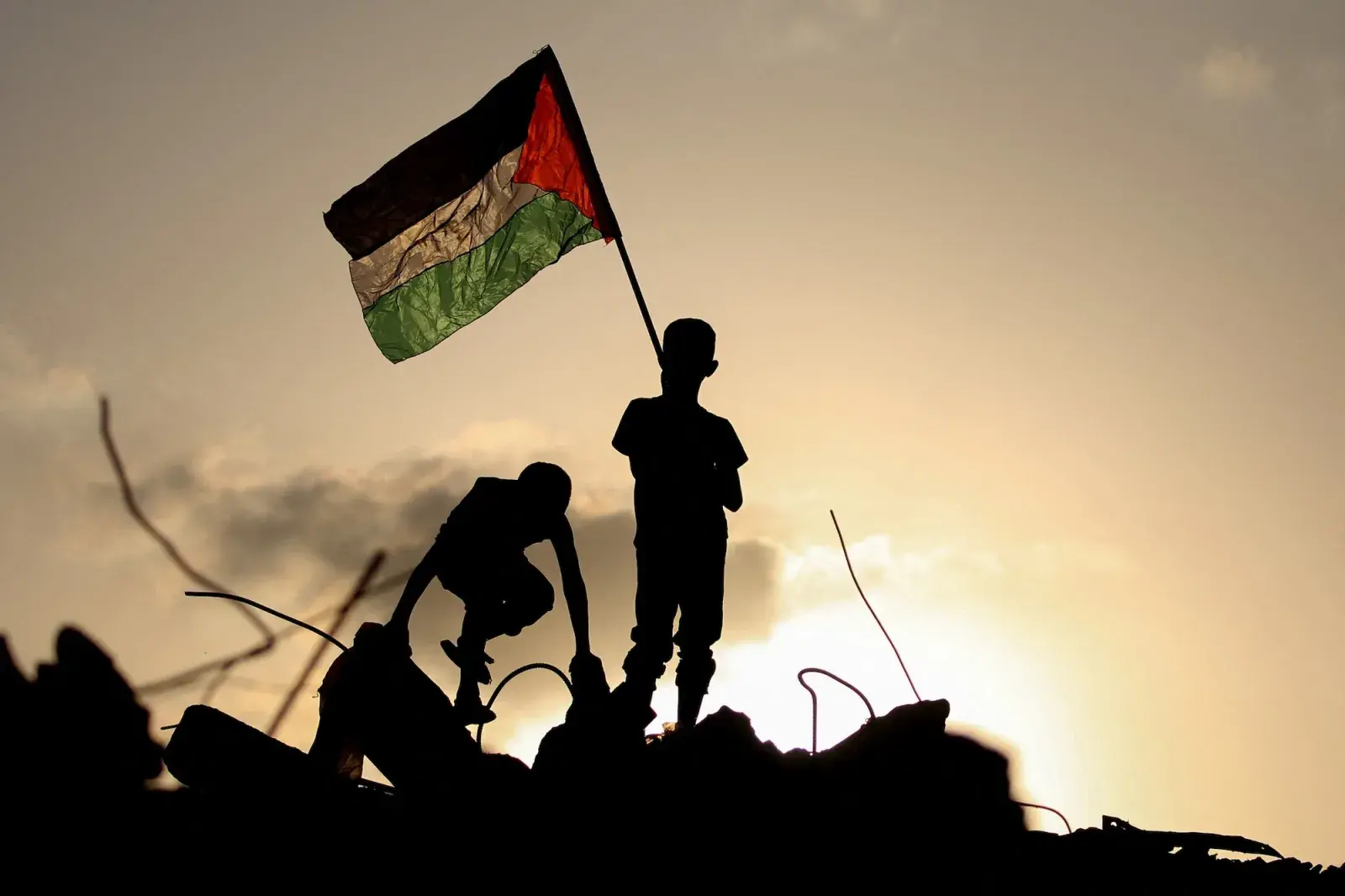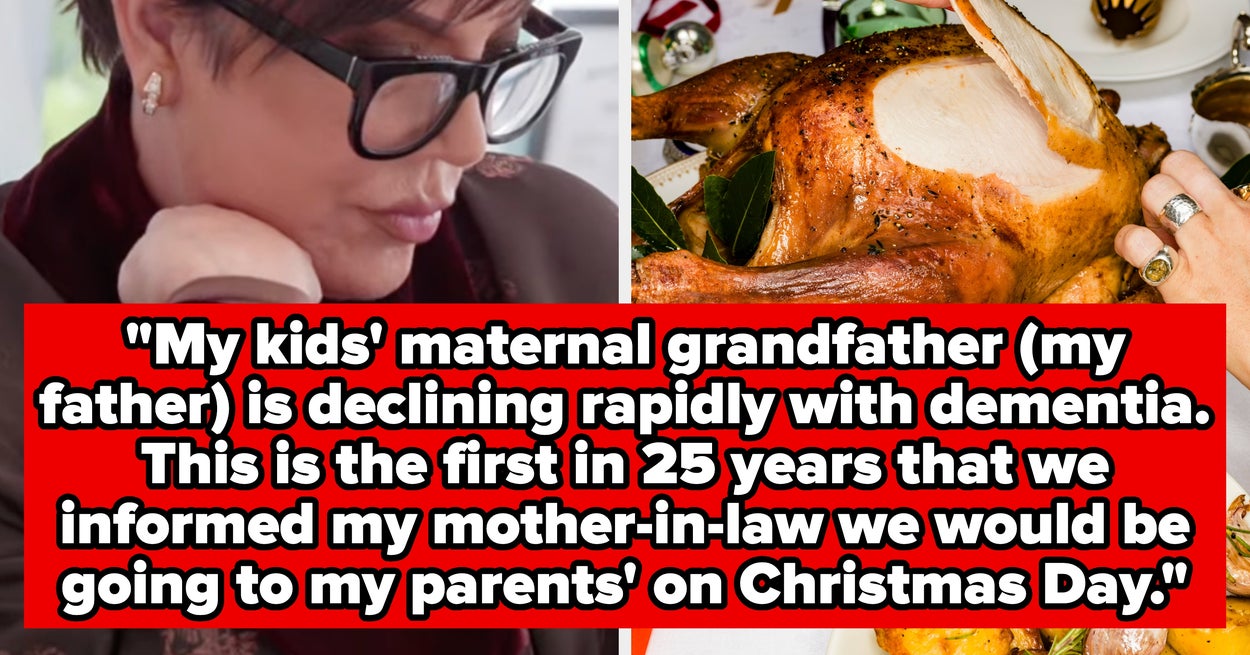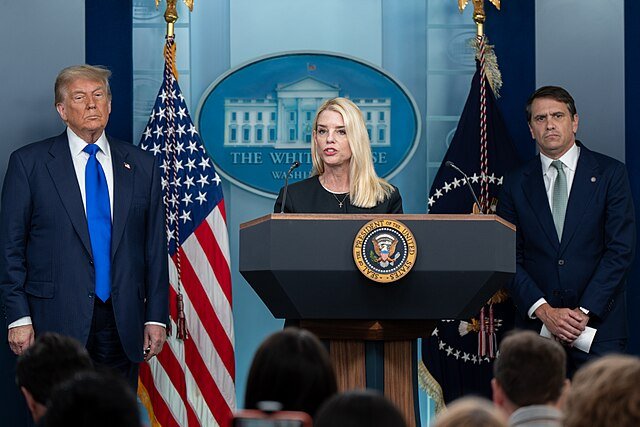By Faisal Kutty
Copyright newsweek

When the United Nations Commission of Inquiry concluded earlier this month that Israel’s war on Gaza amounts to a genocide, it was not alone. Amnesty International, Human Rights Watch, B’Tselem, Physicians for Human Rights–Israel, the Lemkin Institute for Genocide Prevention and Human Security, and the International Association of Genocide Scholars have all arrived at the same conclusion.
This chorus of legal and moral authorities signals a deeper crisis: whether the international legal system built after World War II—with “never again” at its heart—can survive the paralysis imposed by power politics.
“Genocide” is not a rhetorical flourish. It is a legal category defined in the 1948 Genocide Convention as acts “committed with intent to destroy, in whole or in part, a national, ethnical, racial or religious group.” These acts include killing, causing serious bodily or mental harm, and deliberately inflicting conditions calculated to destroy a population.
The UN Commission and other expert bodies have determined that Israel’s conduct in Gaza—which has included mass killings, siege-induced starvation, destruction of hospitals, and rhetoric framing Palestinians as “human animals”—fits these criteria.
Tens of thousands have been killed, most of Gaza lies in ruins, and half of its 2.2 million residents face famine.
The international community has not hesitated to recognize genocide in other contexts. The 1994 slaughter of 800,000 Tutsis and moderate Hutus in Rwanda became the paradigmatic example, prosecuted at the International Criminal Tribunal for Rwanda and recognized by the UN Security Council. In Bosnia, the 1995 execution of 8,000 Muslim men and boys at Srebrenica was ruled genocide by the International Criminal Tribunal for the Former Yugoslavia and the International Court of Justice. Cambodia’s Khmer Rouge atrocities in the late 1970s were recognized as genocide against the Cham and Vietnamese minorities, with convictions at the Extraordinary Chambers in the Courts of Cambodia. In Darfur, the U.S. declared in 2004 that genocide was being committed against non-Arab groups, a finding echoed by UN commissions.
Displaced Palestinian children wave the Palestinian national flag as he stands on the rubble of a destroyed building at the Bureij camp for refugees in the central Gaza Strip on September 22, 2025. Britain, Australia, Canada and Portugal recognised the State of Palestine on September 21, a historic shift in decades of Western foreign policy that drew swift anger from Israel and a rebuke from the United States. (Photo by Eyad BABA / AFP)
More recently, the United States and the UN have recognized the Rohingya crisis in Myanmar as genocide, citing mass killings, sexual violence, and the expulsion of over 700,000 people. The U.S. has also declared that China’s persecution of Uyghur Muslims—marked by mass internment, forced sterilization, and cultural destruction—constitutes genocide. Washington additionally recognizes the Islamic State’s crimes against Yazidis and other minorities in Iraq and Syria as genocide.
Gaza resembles these other examples not only in scale but in the elements of intent and conduct. More than 65,000 Palestinians have been killed, and over 90 percent of the population has been displaced. Senior Israeli officials have openly spoken of erasing Gaza “from the face of the Earth.” Gaza shows all the signs of genocide—mass killing, explicit rhetoric, displacement, and deprivation.
If Rwanda, Bosnia, Cambodia, Darfur, the Rohingya, the Uyghurs, and the Yazidis all met the threshold for genocide, then Gaza surely does. To deny it now is not an act of legal caution but of political evasion—one that risks hollowing out the very category of genocide and turning “never again” into a slogan without substance.
Leading scholars of genocide and the Holocaust have issued alarms. On August 31, the International Association of Genocide Scholars—the foremost academic body in the field—voted to affirm that Israel is committing genocide in Gaza. Amos Goldberg of Hebrew University warned months ago that Gaza represents a “turning point” where Israel risks committing the very crime it was created to prevent. Raz Segal, an Israeli-born genocide scholar at Stockton University, declared Gaza “a textbook case of genocide” as early as October 2023. Another leading Genocide scholar and former IDF soldier, Omer Bartov of Brown University, initially held back, but after Israel’s takeover of Rafah and mass expulsions, he concluded the campaign had become “a genocidal operation.” William Schabas, one of the world’s most influential authorities on international criminal law, stresses that genocidal intent can be inferred from actions and policies, not only from formal statements.
These are not marginal voices. They are among the field’s leading experts, all of them Jewish and many of them Israeli, and they are applying the same standards to Gaza that they have applied e…



